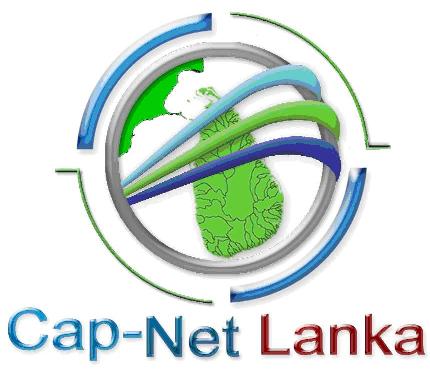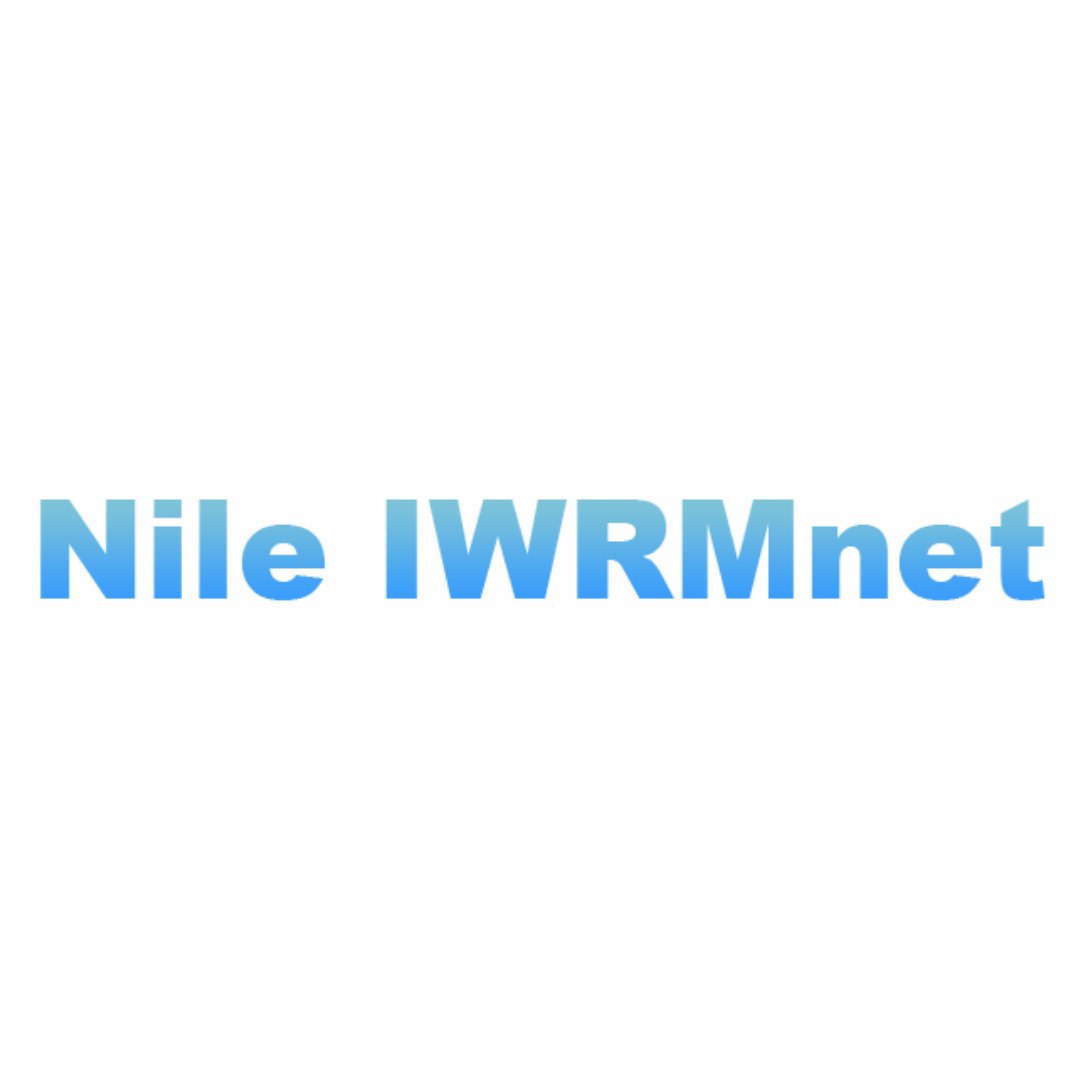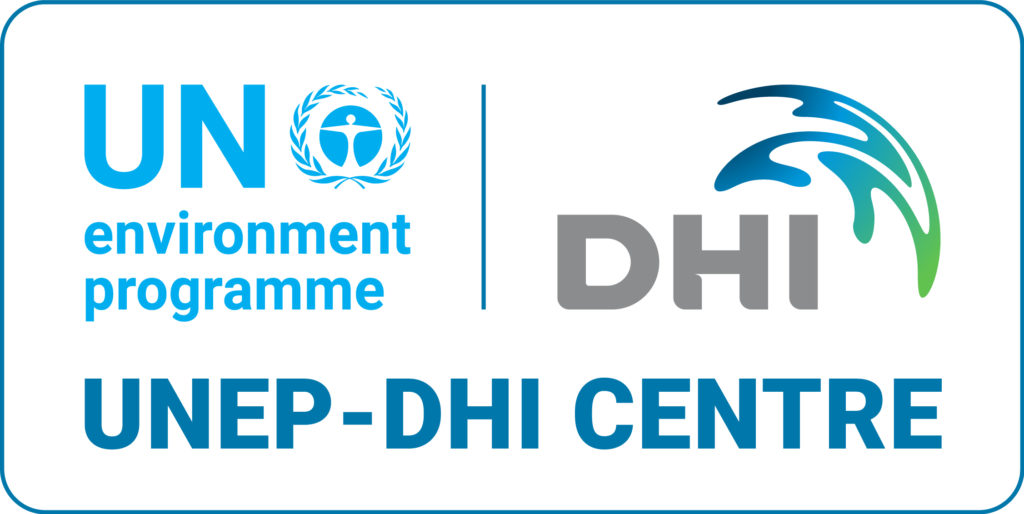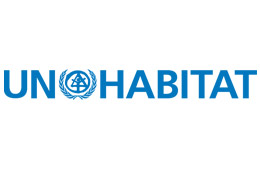Water Pollution Management in Achieving SDG Target 6.3





Water pollution management requires the participation of all stakeholders -polluters, victims, water managers and policymakers- under an integrated water resources management (IWRM) approach.
Although water pollution is among the biggest human health risks, the continuing deterioration of water quality remains a major global threat. Water pollution also threatens ecosystems with potentially irreversible damage, exacerbating the environmental challenges of future generations. And with roughly 80 per cent of marine pollution originating on land, it is important to take a ‘source-to-sea’ approach to tackle the links between land activities, freshwater pollution, and marine pollution.
Among the eight targets of Sustainable Development Goal (SDG) 6 on Water and Sanitation, Target 6.3 is on the treatment and reuse of wastewater and ambient water quality, and progress is monitored through indicators 6.3.1 and 6.3.2. Monitoring parameters and methodologies have already been developed, so capacity development to engage communities and stakeholders in the monitoring process is needed.
Objective and approach
The course aims to improve practitioners’ understanding of water pollution drivers, stakeholder involvement, and strategic planning for pollution prevention and management. The course considers the interlinkages among different sectors and issues related to water pollution and provides guidance on identifying interdisciplinary challenges, bringing them into policy discourse, and planning for pollution prevention and management.
The course approaches water pollution from a management perspective, highlighting some of the key water pollution issues, pollution prevention and control measures, and Integrated Water Resources Management principles that can help mitigate pollution’s impact on human health and the environment, and policy instruments that enable coordinated action.
Through this training, we aim to increase the understanding of water pollution prevention to achieve SDG6 target 6.3, motivate action, and share the knowledge that may lead to implementation.
Learning Objectives
The course will to enable participants to:
- Identify the main drivers and impacts of water pollution;
- Become familiar with how water pollution is being addressed from global to local levels through Sustainable Development Goal (SDG) Targets and indicators;
- Understand the role of ecosystems in water pollution management and how water quality guidelines and standards are developed;
- Understand the cross-sectoral and multi-stakeholder nature of pollution management, and hence the need for an integrated water resources management (IWRM) approach to pollution management; and
- Examine policies, legislation and institutional structures related to water pollution management, and the importance of stakeholder engagement.
- Gain an introduction to plastic pollution in freshwater and marine environments.
Participants
Who should take this course
The course is open to participants representing various stakeholder groups from the entire water sector worldwide who are interested to actively follow the course and complete all modules:
- stakeholders and professionals forming part of water management, civil society, river basin or international organizations; development programmes and members of UN organizations; and representatives of the private sector;
- Sustainable Development Goals focal points and facilitators within national governments.
- decision makers, policy makers, and high-level professionals and managers active in governmental bodies;
- capacity developers active in the fields of water pollution management, Integrated Water Resources Management, water quality, amongst others.
As this an introductory course, participants are not expected to have previous knowledge on water pollution management. Gender balance is very important for all course partners, we especially encourage women to participate in this course.
Course Structure and Contents
The course contains the following four modules:
- Module 1: Scope, drivers, impacts, and pollution management to meet the SDGs
- Module 2: Ecosystems, guidelines and standards for water quality
- Module 3: Pollution management as part of IWRM
- Module 4: Enabling environment, institutional arrangements and financing for water pollution management
- Module 5: Introduction to plastic pollution in freshwater environments.
Each module covers mandatory readings which are complemented by additional resources: videos, web sites, and suggested readings. Course participants will be able to interact with their peers in rich forum discussions to connect course contents with their experiences and challenges.
Course approval criteria and certificate
Responding the quiz at the end of each module and obtaining at least 60% correct responses is a condition to move into the next module, completing the course, and receiving the certificate. There are three opportunities to reach 60% of correct answers, and in all cases the platform will indicate the wrong answers. Participants are also expected to participate in the four discussion forums in the course.
After completing the 5 modules, participants are invited to answer a short feedback survey of the course. Once this survey is answered, participants may download their certificate. Participation in the course, as well as the download of the certificate, has no cost for the participants.
Sponsored by a partnership of international development organisations, the course is free. Participants interested in taking this course are welcome to enrol by clicking in the button "Enrol now".
What people say about the course
[After taking this course] "I recommended drilling of a borehole in my organization to improve hand washing and improve sanitary hygiene to [fight] outbreak of disease/epidemic."
- Course Participant, Nigeria
"Topics covered were fine as I used the course [for] a general brush-up of knowledge."
- Course Participant, Sweden
"The discussion questions are helping us understand more on what different countries are doing about water pollution management."
- Course Participant, Malawi
"Keep up the great lessons as they are very inciteful and will help countries appreciate managing their water supply in the future."
- Course Participant, The Bahamas
![]() Language: English.
Language: English.
![]() Structure: 5 modules + additional resources
Structure: 5 modules + additional resources
![]() Level: Introductory.
Level: Introductory.
![]() Content: readings, videos, forums.
Content: readings, videos, forums.
![]() Time: 20 hours.
Time: 20 hours.
![]() Total time dedication: 4 -5 weeks.
Total time dedication: 4 -5 weeks.
![]() Institutions: Cap-Net, UNEP, UNEP-DHI, UN Habitat, Cap-Net Lanka, Nile IWRM-Net.
Institutions: Cap-Net, UNEP, UNEP-DHI, UN Habitat, Cap-Net Lanka, Nile IWRM-Net.
![]() Certification: upon approval of quizzes at the end of each module.
Certification: upon approval of quizzes at the end of each module.
